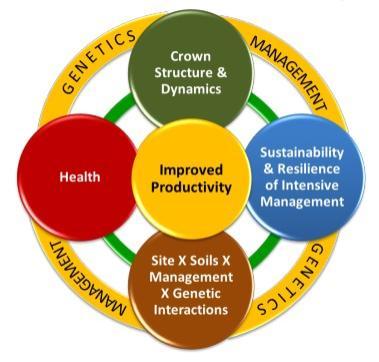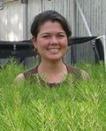The Forest Biology Research Cooperative (FBRC) is an integrated program dedicated to optimizing the productivity, health, and sustainability of intensively-managed Southern pine forest ecosystems.
Founded in 1996 (and part of the University of Florida's School of Forest, Fisheries, and Geomatics Sciences), FBRC works with its members to develop and synthesize research into advanced forest management systems for the 21st century.
Specifically, the FBRC's mission and primary focus is on the use of integrated, applied, and intensively-studied field experiments designed to understand interactions and dynamics of genetics, pest management, silviculture, ecophysiology, nutrition, and soils. Supportive laboratory and greenhouse studies - along with existing field studies - are also used to achieve the mission.
Use this website to learn more about FBRC, including how you can get involved and support program endeavors.
About FBRC
-
Rationale
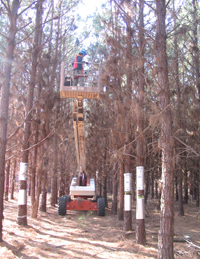
Rationale for an Integrated, Multi-Disciplinary Cooperative
Modern, site-specific pine plantation management requires knowledge about the interactive effects of silviculture, genetics, nutrition, soils, pests, and pathogens.
Single-discipline, empirical studies aimed at one or a few factors are inefficient (and often ineffective) in furthering knowledge of these integrated dynamics. Integrated, long-term field studies - employing scientists from many disciplines - are imperative for the development of an understanding of the complex dynamics which underlie sustainable production.
- Executive Overview
-
Current Research
Current FBRC Research
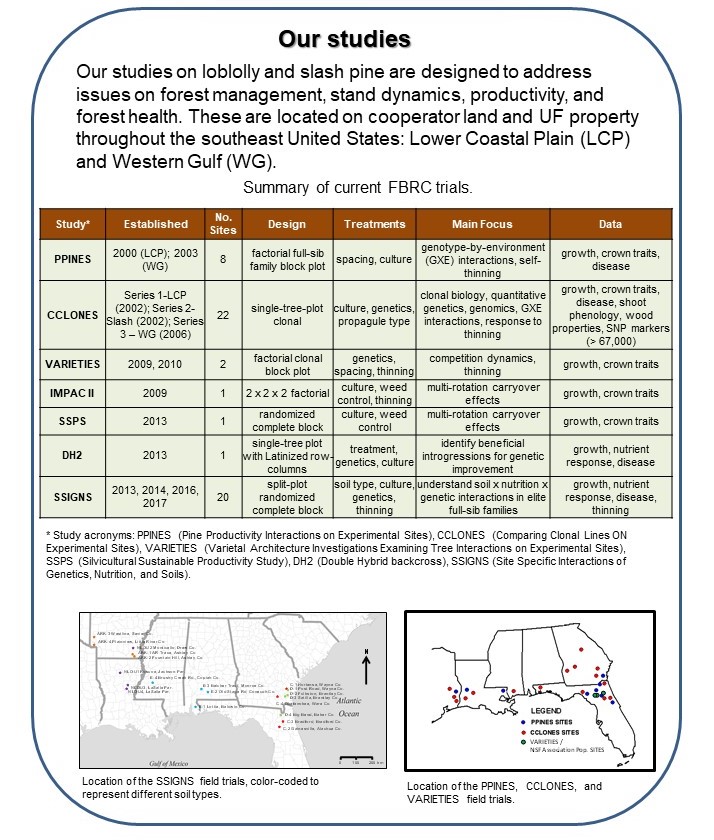
-
Photos
FBRC Photo Gallery
Note: Images were captured prior to national guidelines of face coverings and social distancing

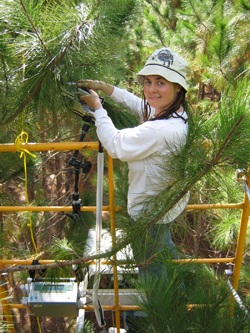
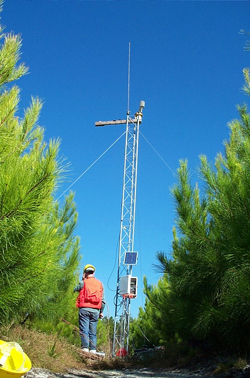
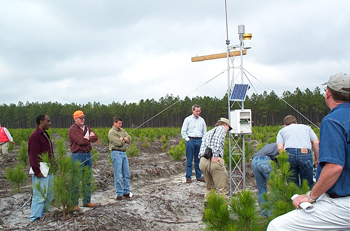
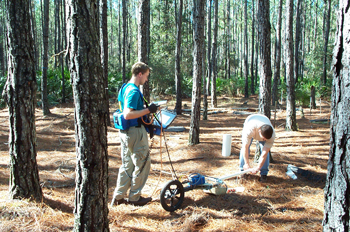
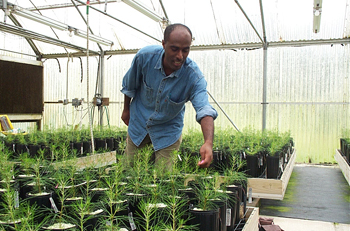
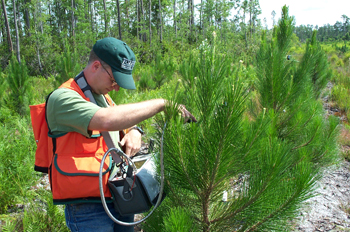
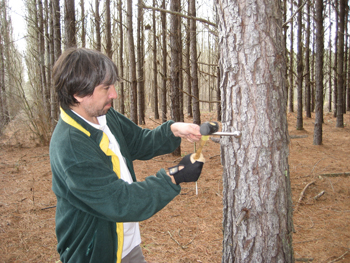
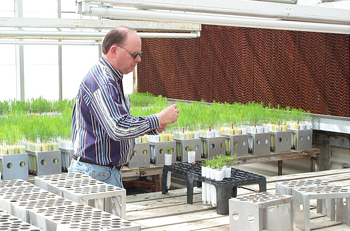
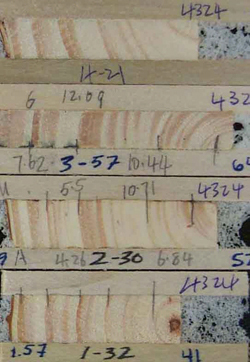
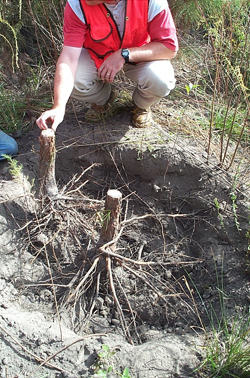
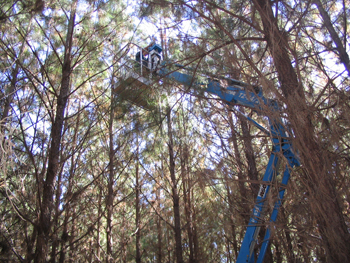
Membership
-
Cooperators
FBRC Cooperators
Industrial cooperators and institutions support the FBRC through salary and institutional support, annual monetary dues, and in-kind contributions in the form of field study installation and maintenance. Most importantly, the cooperators guide FBRC research programs and help to place research within an applied context.
If you are interested in becoming a cooperator with FBRC, please get in touch using the contact information on this website.
-
Membership Information
FBRC Membership Information
For more information on our membership categories, and to learn how FBRC membership might benefit your organization, please get in touch using the contact information on this website.
Personnel
-
Scientists
FBRC Scientists
The FBRC team is comprised of scientists specializing in genetics, silviculture, physiology, forest soils, pathology, and biometrics. These professionals collaborate with each other and with our cooperators to plan and carry out multi-disciplinary research projects.
Tim Martin
Co-DirectorForest tree physiology, stand dynamics
Gary Peter
Co-DirectorForest genomics, molecular biology. and wood quality
Jason Vogel
Co-DirectorForest nutrition and nutrient cycling, forest carbon allocation, and root processes
Tania Quesada
Program Manager and Research Assistant ScientistMolecular genetics, genomics, disease resistance
Forest dynamics, production ecology, forest health
Forest entomology
Remote sensing data processing, forest resources monitoring, LiDAR
Contact Us
You may contact FBRC personnel directly using the information below:
University of Florida - Forest Biology Research Cooperative
P.O. Box 110410
Gainesville, FL 32611-0410
Tim Martin | Co-Director, FBRC
Email: tamartin@ufl.edu
Phone: (352) 846-0866
Tania Quesada | Program Coordinator, FBRC
Email: tquesada@ufl.edu
Phone: (352) 846-0870


